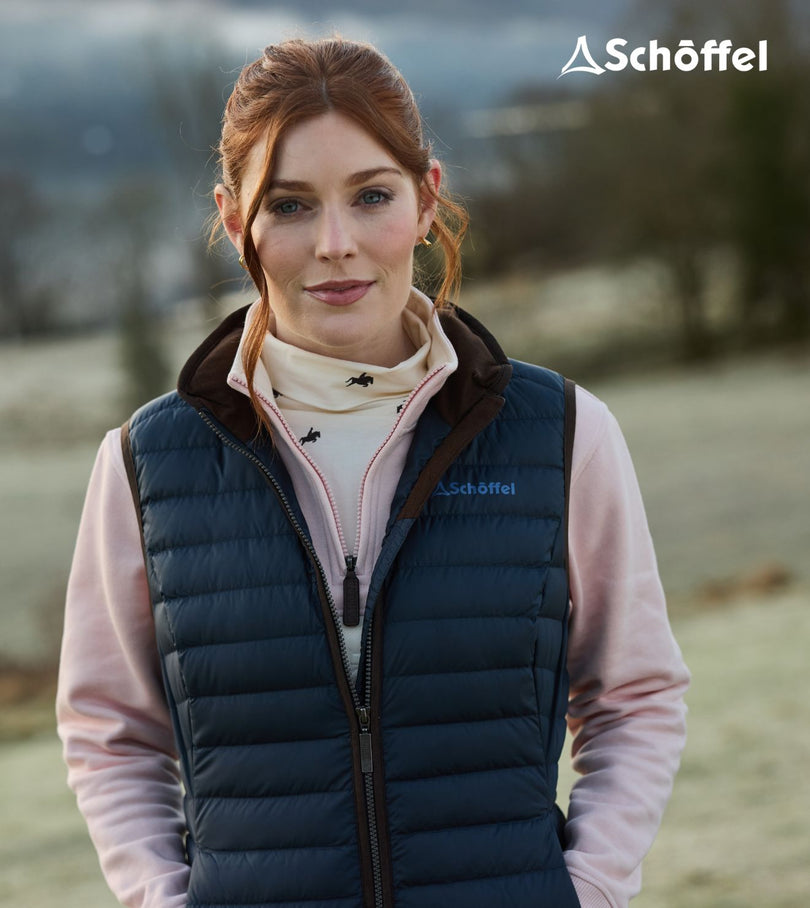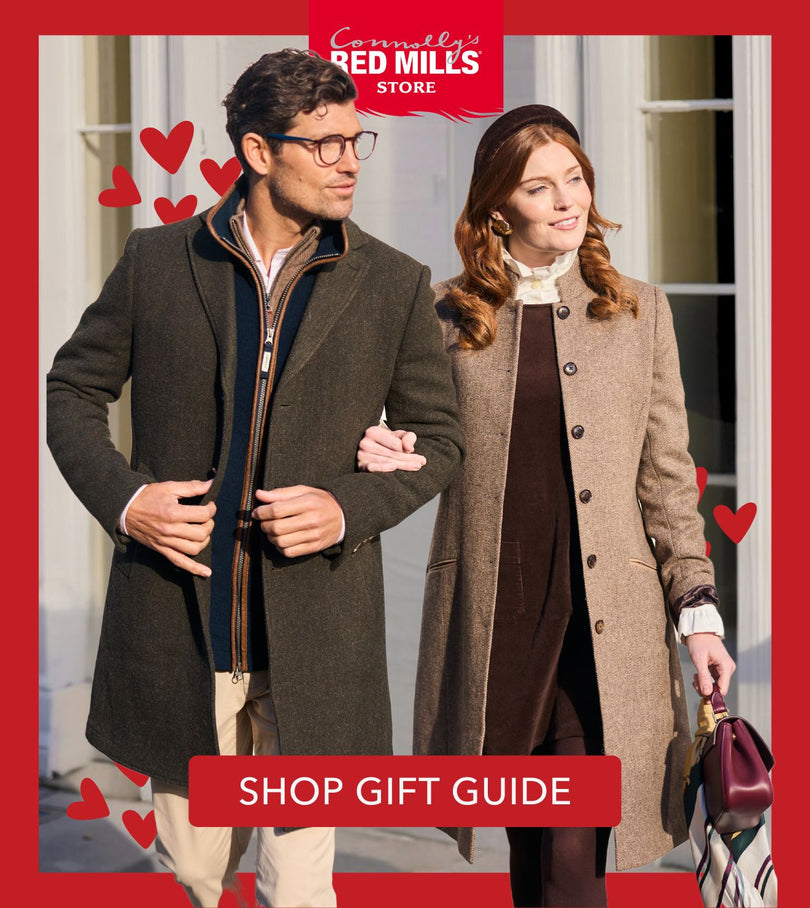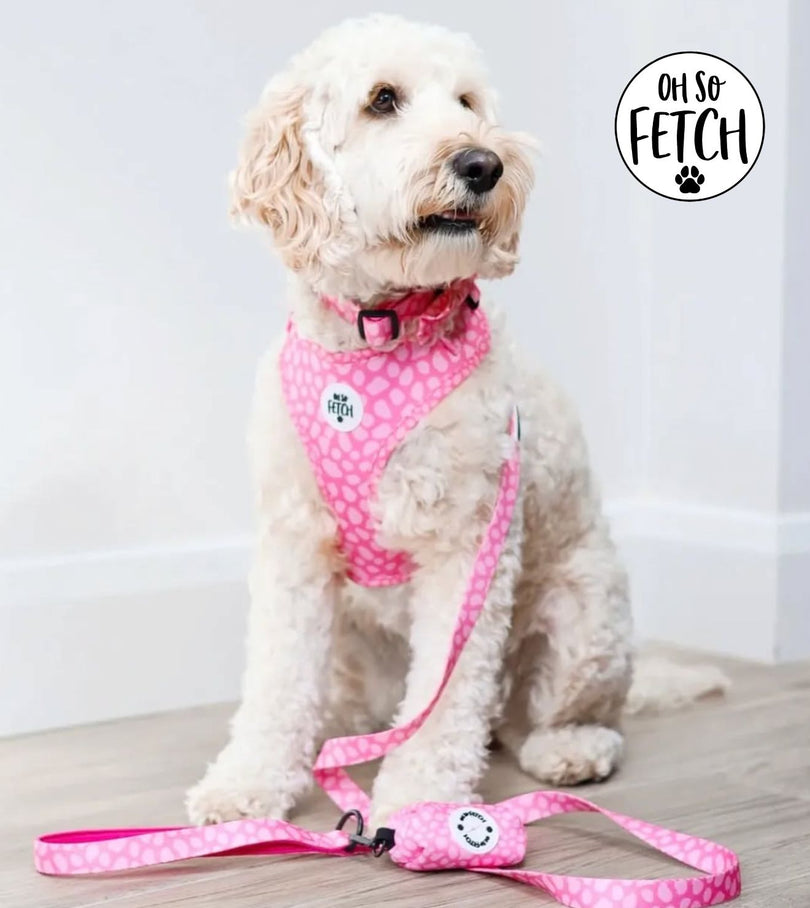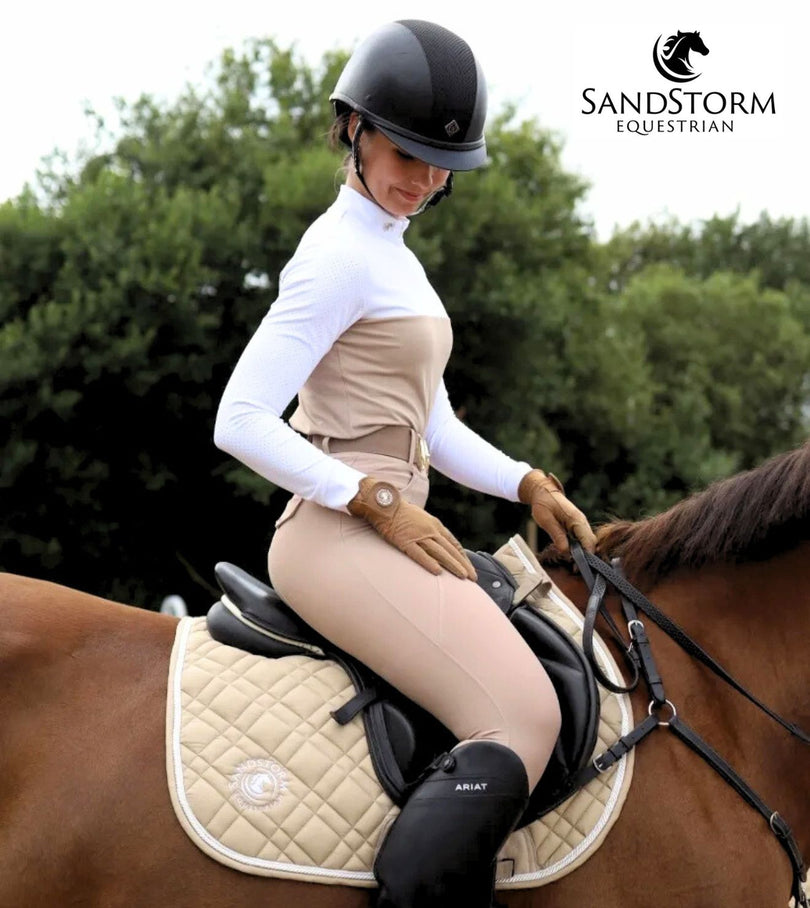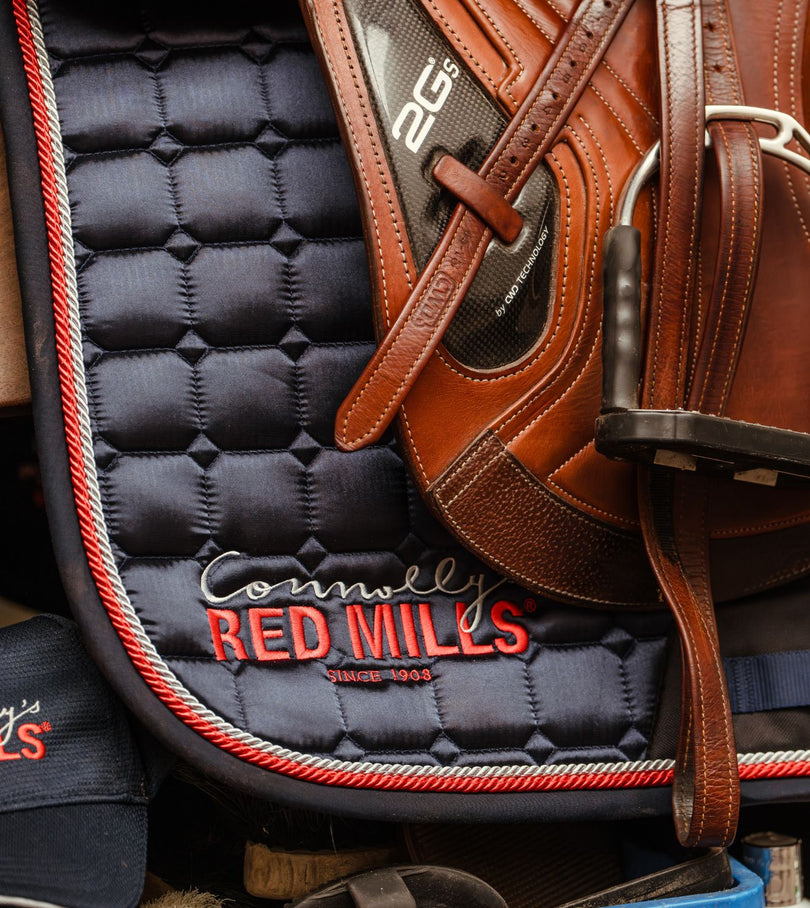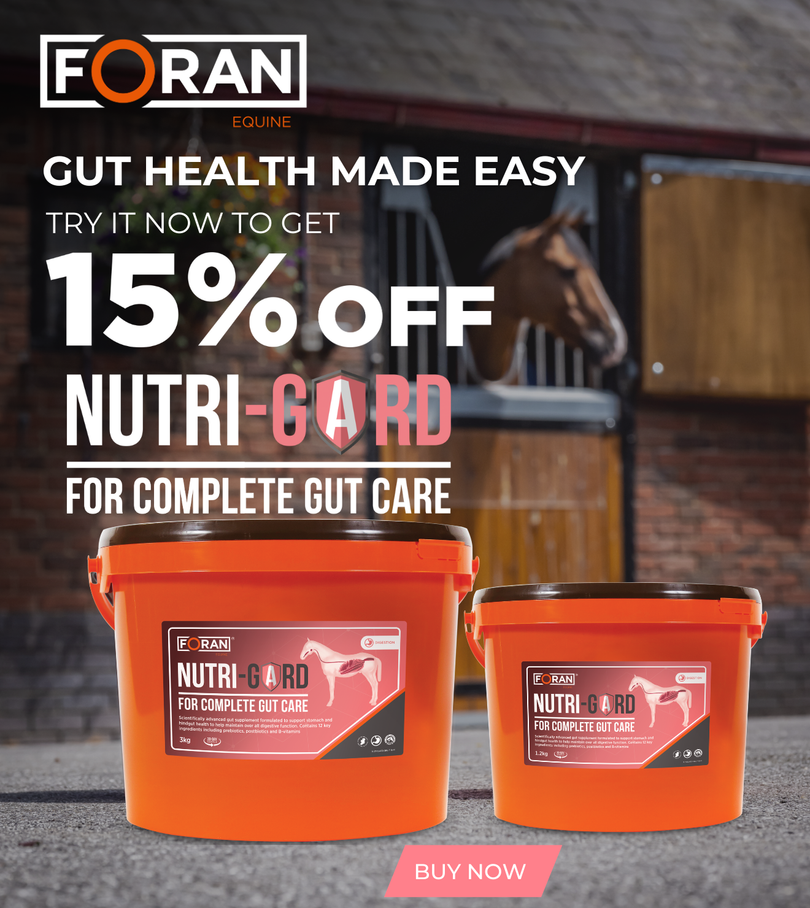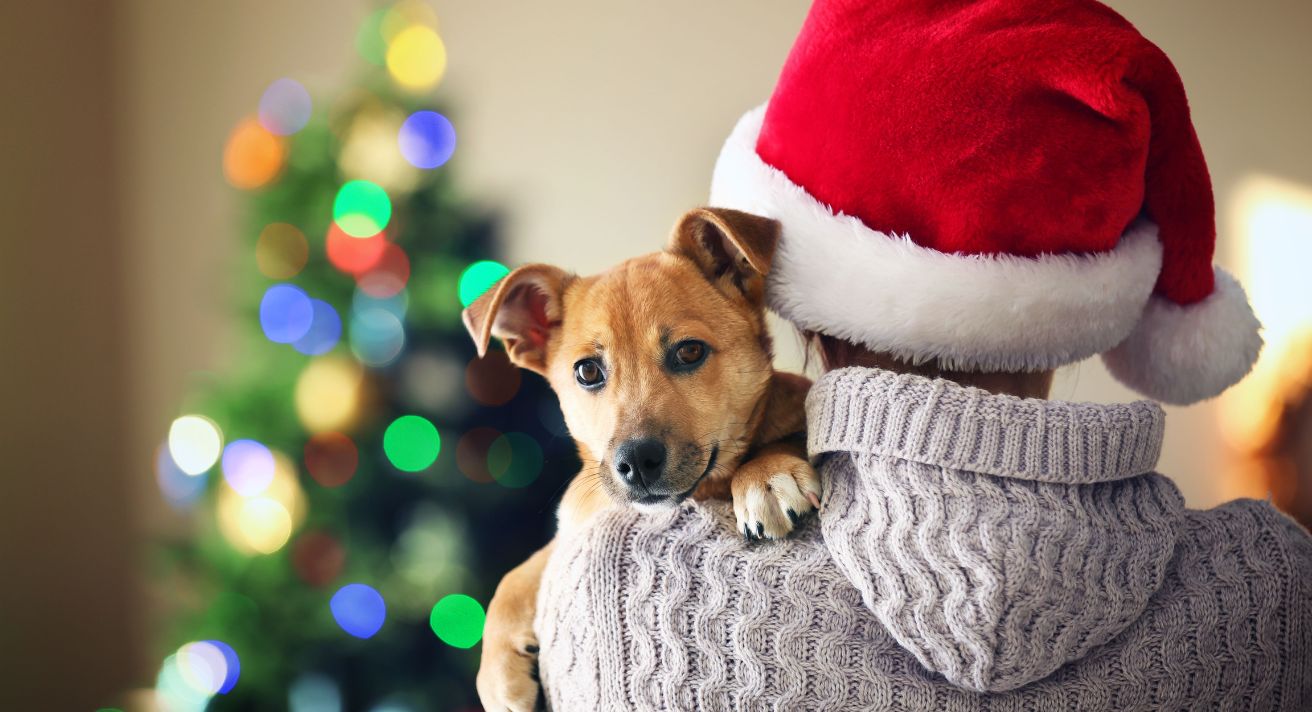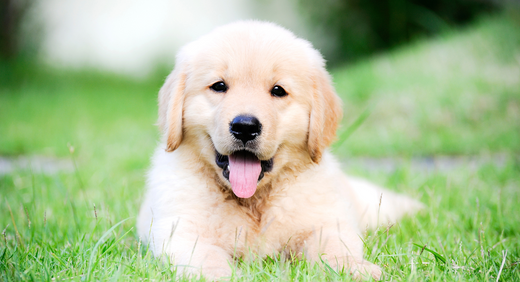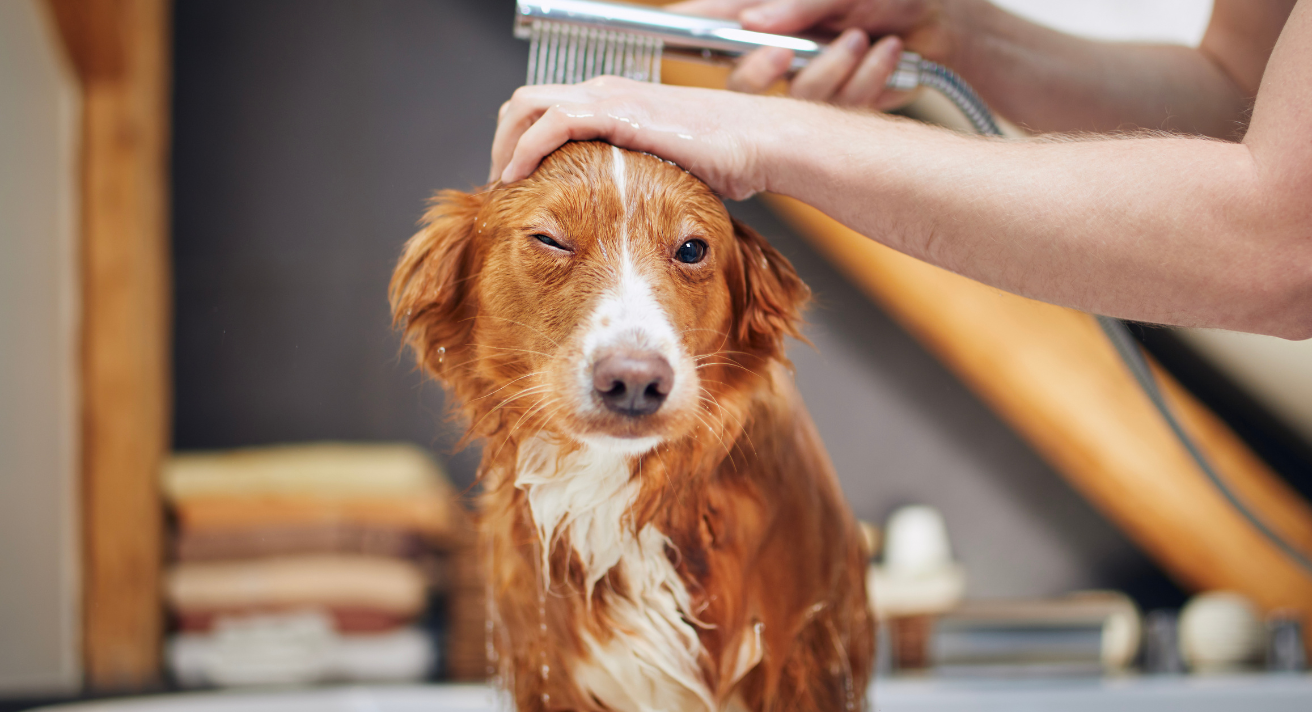The holidays are a magical time of year, and those puppy dog eyes watching us prepare festive feasts can melt even the most steadfast heart. But beneath the joy of holiday celebrations lies an important truth every pet parent needs to know: many of our favorite seasonal treats can be dangerous for our four-legged family members. While we're decking the halls, veterinary clinics are preparing for their busiest season of food-related emergencies. The greatest gift we can give our faithful friends is ensuring their safety, so they can share many more happy holidays by our side. Let's discover how to make this Christmas both festive and safe for our beloved pups.
What NOT to Feed Your Dog this Christmas
The list of poisonous foods for dogs reads a lot like a holiday grocery list. These are the foods that will make dogs seriously ill or even kill them. If you think your dog has gotten any of these foods, contact your vet immediately. It is an emergency.
- Chocolate contains theobromine and caffeine, which speed up the heart dangerously and can cause a heart attack or seizure.
- Raisins and grapes can lead to kidney failure. They’re found in Christmas cake, Christmas pudding and mince pies, among other things.
- Garlic and onion give your dressing a great taste, but they can result in anemia in dogs.
- Beware of sweets, such as sugar-free or diabetic sweets, or chewing gum that contain This sugar substitute is pure poison to pets. Xylitol is also used in some brands of peanut butter, although peanut butter that is made entirely from peanuts with no added ingredients is a great treat for your dog. Xylitol causes a dog’s pancreas to release an unhealthy flood of insulin, which causes severe, life-threatening hypoglycemia.
- While unsalted peanuts are fine for your dog, other nuts are not. Macadamia nuts can cause seizures, vomiting, diarrhea, weakness and fever, and dogs can choke on large nuts.
- Dried fruits can contain additives including xylitol so while a particular fruit might be okay for dogs to eat, the dried version must be avoided.
The Dangers of Feeding Your Dog Incorrectly this Christmas
If your dog shows any sign of being unwell or you have reason to suspect they’ve gotten into holiday foods that are toxic for dogs, contact your vet immediately. Explain your dog’s symptoms and what foods they might have gotten.
Typical signs of poisoning include the following:
- vomiting
- diarrhea, loss of bowel control
- shaking, trembling, being unsteady on their feet, rigid muscles
- weakness, lethargy, disorientation
- pale gums
- panting, restlessness, anxiousness
- hyperactivity, unusually active or uncharacteristic urge to run around or play
- excessive thirst
- loss of appetite
- collapse, loss of consciousness
- uncharacteristic hiding away, irritability or any other unusual behaviour
Emergency Pet Care and Holiday Safety
Poisoning is never a watch and wait situation. The sooner your dog gets help, the greater their chance of surviving. Don’t wait while their body digests and absorbs the poison.
Your vet might instruct you to induce vomiting immediately, particularly if your dog ate chocolate or raisins. They can advise you on the safest way to do this. But do not induce vomiting without consulting a vet. It can be dangerous for short-nosed dogs such as pugs, and it is harmful for some toxins.
Food Safety and Exercise
Poisonous foods aren’t the only danger. Dogs love food, and they can harm themselves with too much of a good thing. Our fur babies lack the foresight to anticipate the consequences of over-eating. A dog that gorges on table scraps is very likely to experience diarrhoea or vomiting as a result. Deep-chested breeds who gulp food are at risk of developing gastric torsion, which is fatal about half of the time even with surgical intervention.
While it is important to try to stick to your normal walking routine, avoid too much activity right after your dog has eaten.
Remember that loved ones might bring wrapped gifts of food. Whether or not it is toxic food for dogs, you don’t want your dog to succumb to the temptation to tear it open and treat themselves. Always ask if a gift is food so you can store it safely if it is.
The Go Native Solution: Safe & Delicious Dog Treats
Your dog is surely at the top of the Nice List for being the very best pup around. While many holiday foods are off limits, Go Native offers the perfect solution to include your dog in the celebrations. Your pet can enjoy some safe Christmas dog food, such as the festively presented Go Native Treat Box. Dogs love this carefully crafted, unique seasonal option made with no questionable additives or harmful ingredients.
Dogs can enjoy the flavours of the season without risking their health with options such as the grain-free, hypoallergenic Go Native Duck with Apple & Cranberry. That will even give them a head start on their New Years Resolutions for healthy eating! Go Native treats are made with wholesome, locally sourced ingredients. They offer a taste your dog will love without any questionable additives. Go Native Salmon is another popular option. If you’re having salmon for New Year’s, these are a fun and safe way for your dog to enjoy salmon alongside you.
Celebrating Safely Together
Of course, the very best dog gifts are about spending time with our loved ones - including our four-legged family members. In your dog’s eyes, you are the best present ever. Using Christmas dog food treats for training is a wonderful way to build your bond with your dog while helping them be an ideal companion and preventing boredom.
By choosing Go Native treats and being mindful of potential holiday hazards, you can ensure a safe, joyful celebration for everyone. Remember, the best gift you can give your dog is your attention, care and commitment to their health.
Written by Irene Hislop

